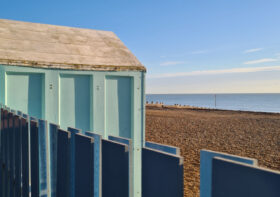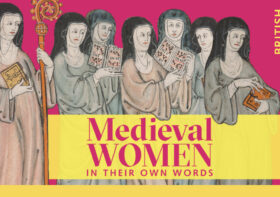Notes from a workshop

Last week I was lacking inspiration, part due to work commitments and then a 3-day headache – ugh – so it was a pleasure to once more find myself in the interesting ambience of the Lewes Bus Station building for another workshop with Mimi Khalvati and the group of serious poets I seem to have inveigled myself into. (Can one ‘inveigle oneself?’ Hmm).
Sometimes in these situations I have a feeling of ‘this is not real’. I suppose it’s the usual ‘I’m an imposter and any minute now I’m going to be found out’ anxiety that I gather many women (especially) suffer from. A bit like jobs I’ve had in the past when I’ve sat in meetings and had the distinct sensation of acting like I know why I’m there, like I know what’s going on and my presence is making a difference. It’s not exactly the fear of being unmasked, like that scene in ‘Working Girl’ when Melanie Griffith is accused of being a fake and leaves the boardroom saying ‘sorry! sorry!’ It is something like that. But it also feels like I’m in a play, or someone else’s dream. There’s something fragile about the situation, grounded in nothing much. It’s like meeting a childhood hero in your kitchen or office. The strange mix of something that’s at once real and unreal. The feeling that it might be you who’s actually experiencing this or it might be something you’re dreaming or watching happen to someone else. And then wondering if there’s any difference.
Anyway, sorry for the cod-philosophical moment there – back to business – it’s very odd how sometimes in workshops there emerges a kind of theme. I remember a previous session where there were a lot of poems about water. And another where houses featured prominently. This week, dreams and fairytales came up quite a few times.
So in no particular order, here were some of Mimi’s general observations/comments that I made a note of … hope they’re of use /interesting.
- When you have what’s basically a list poem, how will you meld together the various items on the list? If you use the same construction for each (eg active verb phrases like He puts out …. she ties together … they wait.. etc) it can get wearing. What’s the mortar that will tie the ‘bricks’ of the poem together? Maybe think about rhythm more, or bring in other tenses, sentence constructions?
- We’re often told to avoid poeticisms, and yet one that sometimes slips through is a noun phrase that starts “what…’ as in ‘what stirred him at that moment was XYZ’ or ‘what doesn’t kill you makes you stronger’. Mimi says this is a sightly archaic construction – not something we tend to say in speech – beware.
- General point on form – the structure needs to convey a thrill, just as much as the image or emotion you’re communicating.
- Natural speech stress is not the same as metrical stress. When writing in strict metre it can be tempting to put in the little words that you might ordinarily leave out in free verse. But you can sometimes afford to drop the extra words and still keep to the metre. (This is something I need to work on – I tend to get drawn into ‘dumty-dum’ phrases if I’m not careful.)
- Punctuation – it’s possible to be too punctilious! If someone is a fast reader, they may lose some of the excitement/interest if they are slowed down by commas or being too deliberately led. Specifying the pauses in this way can also put a big responsibility on those phrases to ‘scintillate’.




Thanks for sharing these very useful ideas.
Thanks Jean 🙂
Hi Poet Gal
I live in Wiltshire and write poetry and know what you mean about that non-existing feeling in workshops. My actual blog is prose in the humour genre though.
Evangeline
Hello Evangeline & thanks for commenting 🙂